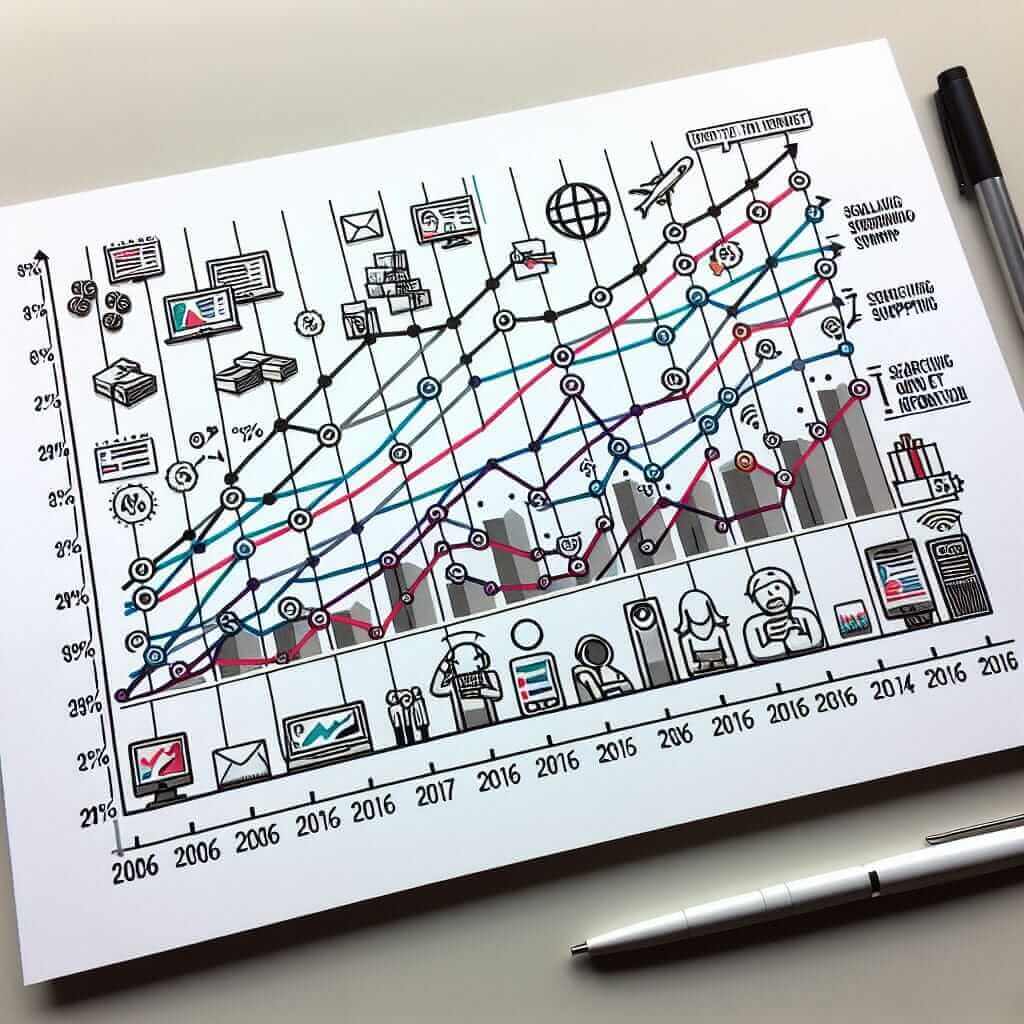Time management is a crucial skill for success in the IELTS Writing test. Feeling pressured by the clock can lead to anxiety, hindering your ability to showcase your true English language proficiency. As an IELTS instructor with over 20 years of experience, I’ve witnessed countless students struggle with this aspect of the exam. This guide will equip you with practical strategies and insights to help you confidently complete both Task 1 and Task 2 within the allocated time frame.
Understanding the Time Constraints
Before delving into strategies, let’s clarify the time limits you’ll face:
- Writing Task 1: 20 minutes
- Writing Task 2: 40 minutes
While it might seem challenging to produce well-structured and insightful essays within these timeframes, remember that effective time management is about working smarter, not harder.
Effective Strategies for IELTS Writing Time Management
1. Planning Your Approach (5 minutes for Task 1, 10 minutes for Task 2)
Never underestimate the power of planning. Spending a few minutes organizing your thoughts can significantly improve your writing speed and clarity. Here’s how to approach the planning stage:
- Analyze the Task: Carefully read the question prompt and ensure you fully comprehend what’s being asked. Underline keywords and determine the essay type (e.g., opinion, discussion, problem-solution).
- Brainstorm Ideas: Jot down relevant ideas, arguments, and supporting examples. Don’t worry about grammar or spelling at this point; just focus on generating content.
- Create an Outline: Structure your essay logically with an introduction, body paragraphs, and a conclusion. Briefly note the key points you’ll discuss in each section.
2. Mastering the Art of Concise Writing
In IELTS Writing, every word counts. Aim for clarity and precision to avoid exceeding the word limit and wasting valuable time:
- Use Strong Verbs and Nouns: Choose impactful verbs and nouns to convey your message effectively. For instance, instead of writing “The graph shows a significant increase,” write “The graph depicts a surge.”
- Avoid Redundancy: Eliminate unnecessary words or phrases that don’t add meaning to your sentences.
- Be Specific: Provide clear and concise examples to support your points. Avoid vague generalizations.
3. Practice Makes Perfect
Practice is key to improving your writing speed and accuracy.
- Set Realistic Goals: Start by practicing with extended time limits and gradually reduce them as you become more confident.
- Simulate Exam Conditions: Find a quiet space, set a timer, and complete practice tasks under exam-like conditions. This will help you build stamina and manage exam pressure.
- Analyze Sample Answers: Study high-scoring IELTS Writing samples to understand how experienced writers approach the tasks and manage time effectively.
Example: Applying Time Management to Task 1
Let’s illustrate these strategies with a sample Task 1 question:
**The graph below shows the percentage of people in the UK who used the internet for various purposes between 2006 and 2016.

Summarize the information by selecting and reporting the main features and making comparisons where relevant.**
Planning (5 minutes):
- Analyze: The task requires summarizing a line graph showing internet usage trends in the UK over a decade.
- Brainstorm: Identify key trends (e.g., overall increase, significant growth in social networking).
- Outline:
- Introduction: Paraphrase the task.
- Overview: Highlight the most noticeable trends.
- Body Paragraph 1: Describe the trend for one purpose.
- Body Paragraph 2: Describe the trend for another purpose and compare.
Writing (15 minutes):
Focus on presenting the information clearly and concisely, using appropriate vocabulary to describe trends.
Essential Tips for Success
- Don’t Get Stuck: If you find yourself spending too much time on one paragraph or struggling to articulate a specific point, move on. It’s better to complete the essay and return to refine any unfinished sections if time permits.
- Proofread Carefully: Allocate the last few minutes of each task for proofreading. Check for grammatical errors, spelling mistakes, and clarity of expression.
- Stay Calm and Focused: Remember that feeling anxious can hinder your performance. Take deep breaths and trust in your preparation.
Conclusion
Mastering time management in the IELTS Writing test is achievable with practice and a strategic approach. By following these guidelines and dedicating time to consistent practice, you’ll be well-equipped to demonstrate your writing skills effectively and confidently achieve your desired IELTS score.